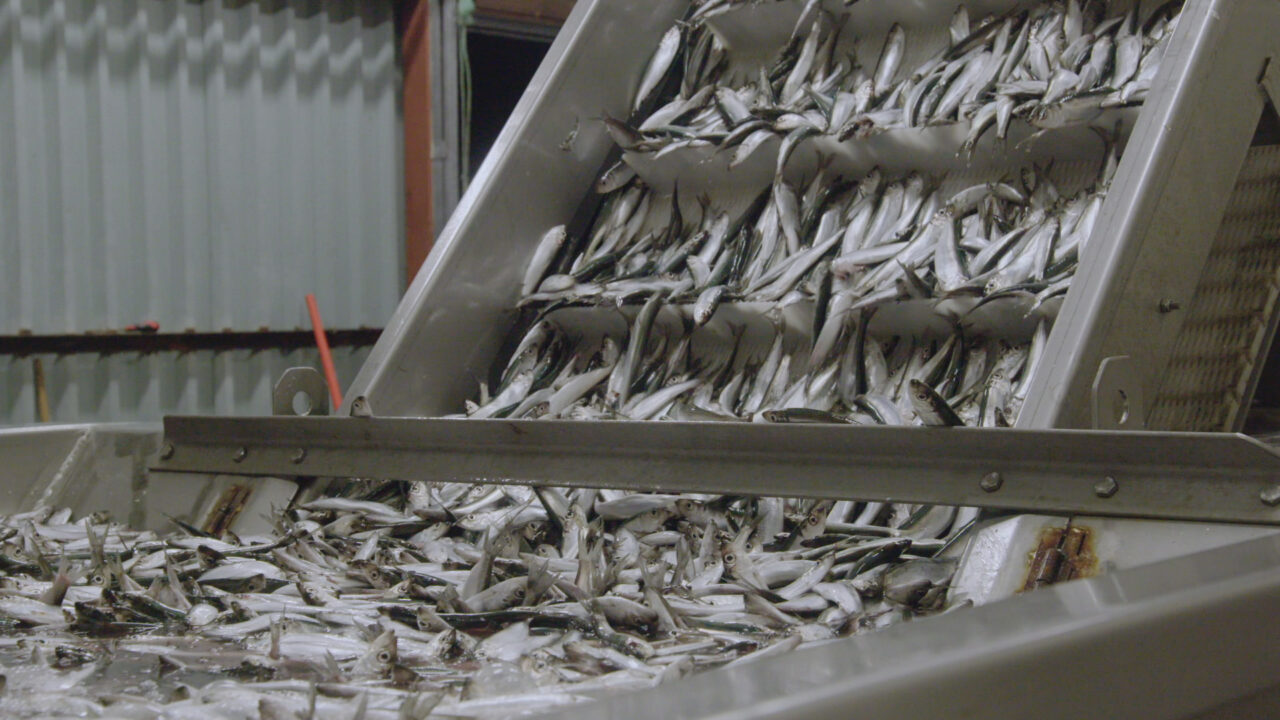Organic Eggs – a cocktail of toxins from the sea
A new investigation shows that organic eggs contain high levels of several toxins and may pose a risk to young children. However, the production of conventional eggs risks increasing the amount of toxins in the environment in the long run.
– We need to put the brakes on (for PFAS). We should have done so the day before yesterday, says Petra Bergkvist, inspector at the Swedish Food Agency.

The Swedish consumer review magazine Råd & Rön recently tested the levels of toxins such as dioxins, PCB, and perfluorinated substances, PFAS, in Swedish eggs. Eggs from 20 suppliers, including nine organically produced ones, were tested. The organic eggs were found to contain higher levels of chemicals than conventional eggs. For instance, the levels of dioxins were around 100 times higher in the organic eggs.
– It is probably due to the fishmeal that the organic hens eat, says Petra Bergkvist.
Fishmeal – environmental toxins into the bargain
An industrial laying hen lays around 300 eggs per year. To avoid risking the health of the hens, their main feed made from grains is enriched with protein feed and the amino acid methionine. However, organic hens are not allowed to eat feed produced synthetically and therefore get fishmeal instead.
– Fish are good at absorbing environmental toxins, so the fact that there are more PFAS in organic eggs was not entirely unexpected but unfortunate, says Lisa Schneider, an organic egg producer and poultry advisor via the Swedish Egg industry organization.
Fishing for feed undermines sustainability
Organic food production promotes biodiversity by excluding chemical pesticides, among other things. However, using fishmeal as feed for organic hens’ risks having the opposite effect since buyers of organic eggs become passive consumers of fish from unsustainable sources.
– Fishing for feed drives demand so that fish stocks are currently not being utilized in a long-term sustainable manner, says Mats Svensson, head of department at the Swedish Agency for Marine and Water Management.
The EU decides the future
To reduce toxins in eggs, EU regulations on how organic food should be produced need to be reviewed, according to Marie Lönneskog Hogstadius, managing director of the Swedish Egg organization.
– The best solution would be for the organic production regulations to allow purified amino acids to be added to the feed. Then we wouldn’t have to worry about environmental toxins and overfishing, she says.
Conventional eggs risk long-term increase of PFAS
However, switching to conventional eggs risks increasing PFAS emissions into the environment in the long run. PFAS are found in several approved pesticides used in conventional grain cultivation included in chicken feed. In organic farming, it is not allowed to use synthetic pesticides.
– The ban must be closer to the emitter. It is not possible to remove substances that already exist in the environment through legislation, says Petra Bergkvist.
Råd & Rön’s recommendation is that young children should not eat more than three eggs per week that is based on eggs with the highest levels of toxins. If calculated based on the average instead, 7–8 eggs per week can be consumed by children weighing ten kilograms before they reach levels that the EU has deemed could affect health in the long term. All toxins in the eggs were below the EU’s consumption thresholds.
– We shouldn’t make a mountain out of a molehill, says Marie Lönneskog Hogstadius.




